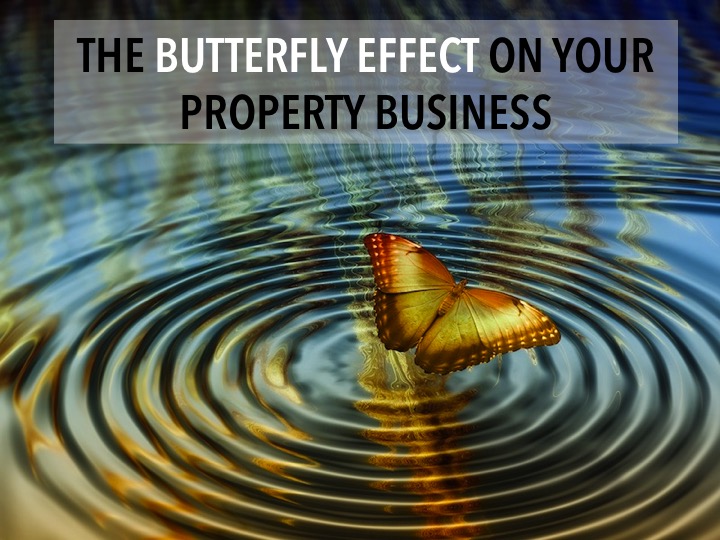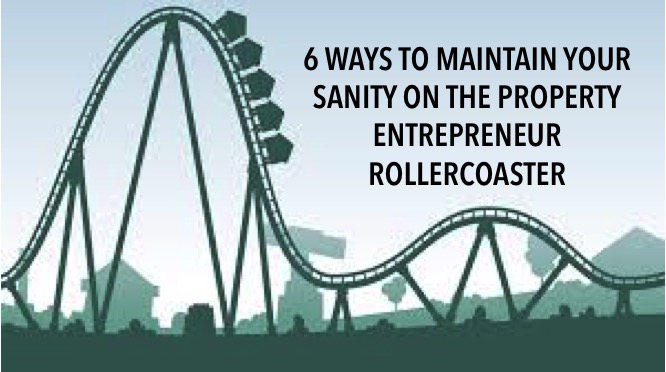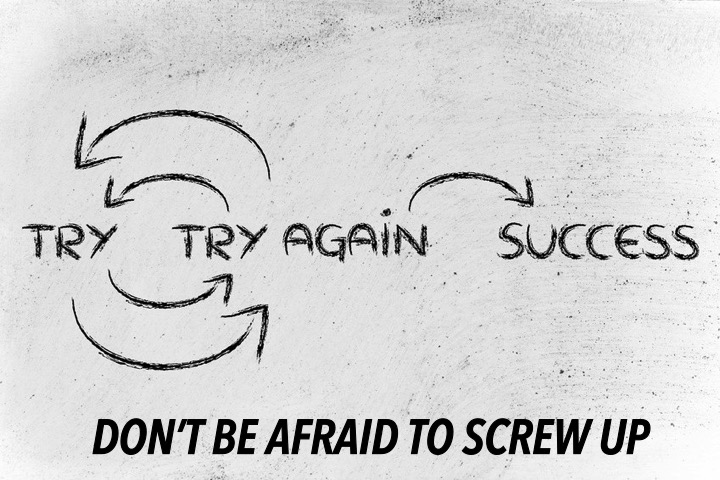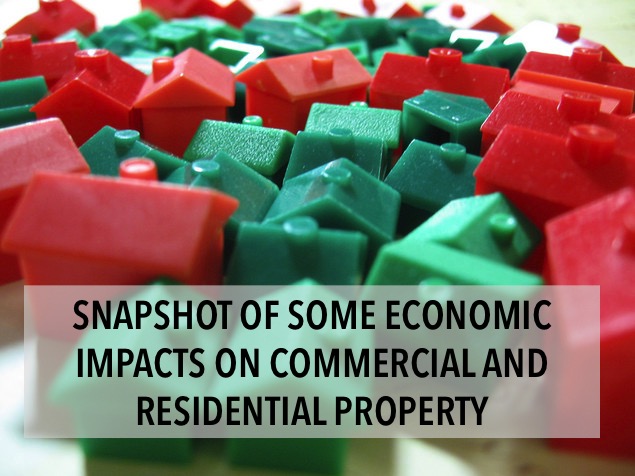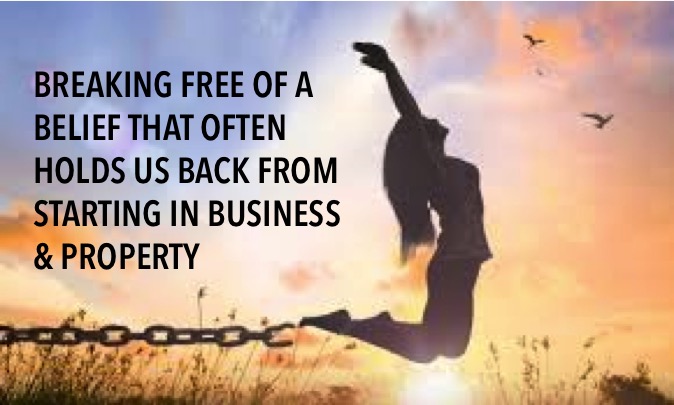Have you read the Millionaire Fastlane? If you’re not familiar with it here’s a one sentence summary I found online- ‘The Millionaire Fastlane points out what’s wrong with the old get a degree, get a job, work hard, retire rich model, defines wealth in a new way, and shows you the path to retiring young.’ I first read this book in 2014 and I decided to pick it back off my bookshelf recently and read it again. I loved it back then and have to say I’m getting even more from it now.
There is a section I was reading this week about choices and it really struck a chord with me because we are all faced with numerous choices in relation to how we work through and out of this covid induced economic situation. That’s why I felt it worth sharing this distinction from the book, and I hope it resonates with you also.
The author, MJ Demarco, uses the analogy of a steering wheel to help describe the choices we make in life. He tells us that our steering wheel (ie choice) is the most powerful control we have in life.
WHAT IS THE BUTTERFLY EFFECT?
Can you see how it is possible to make a choice this instant that can forever alter the trajectory of your future? Well you can, and it can be the difference between poverty and wealth.
The Butterfly Effect is a theory that in simple terms says this – minor changes (choices) can result in large differences in a later state.
To explain the concept visually, think of it like a golf club hitting a golf ball – when the clubface is straight the ball goes straight and travels towards the hole. However if the clubface is angled a fraction of a degree, the ball’s trajectory lands far off the course (sounds like one of my golf shots).
This illustration shows us that a bad choice can set your trajectory off by only one degree today, but over the years the negative impact is magnified. It’s fair then to say that the opposite is true, we can make decisions and take actions today that create more of the future we want for ourselves.
The message of Darren Hardy’s book The Compound Effect essentially says the same thing, that the key to success in anything in life is harnessing the power of the Compound Effect, which means the effects of small, everyday choices will compound over time, leading you to success—or disaster, depending on your choices.
So why did reading about the Butterfly Effect again resonate with me this week?
Here’s why – Whilst everyone will have their own unique set of challenges that have come about due to covid, your knowledge, context and network will also bring a unique set of opportunities. And with that I believe we owe it to ourselves to get going with the opportunities right now, to be proactive about implementing, to be innovative in our property businesses.
Two weeks ago I wrote a post about screwing up – essentially about giving yourself permission to go take action without over worrying about making some mistakes along the way. That’s a choice we must make to get started, and keep it progressing.
Think for a moment about some of the choices you can make right now, and the positive or negative future impact.
The choice to binge 20 hours a week on netflix or to allocate that time into your personal development.
The choice to watch loads of educational webinars or to focus on and implement just one.
The choice to read a personal development book and implement what you’ve read, or just to skip onto the next book on your list.
The choice to double down on finding direct SA bookings, or to simply rely on the OTA’s.
The choice to create a healthy eating regime and exercise routine, or not.
The choice to keep up meaningful communication with family and friends.
The choice to ask your customers what else they need right now.
The choice to get really clear about the future you want or not give that any thought.
The choice to become wealthy.
The definition that MJ Demarco gives to wealth is as follows- wealth includes 3 things:
- Meaningful relationships with friends and family
- Being healthy and physically fit
- Freedom
To get this freedom it requires the choice, and the subsequent actions, to make income independent of your time.
So circling back to the opportunities in front of you now, what choices and actions can you make this week that will create an income stream in the future that is independent of your time?

